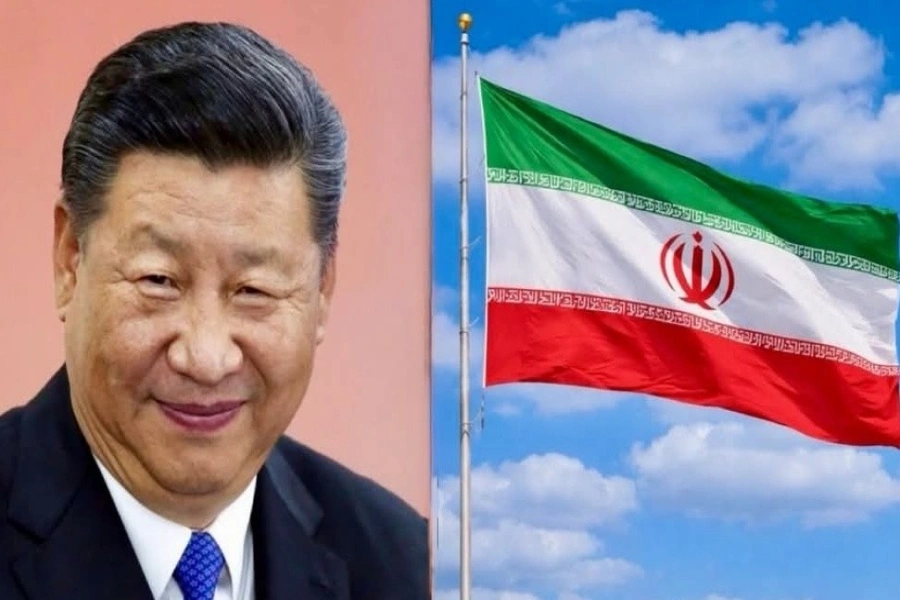Rana, Gurung and Lamichhane must step down to demonstrate their political integrity
When pragmatism takes precedence in politics, not only do principles fade, but political ideals also take a backseat. Politics in Nepal is currently witnessing exactly this phenomenon. This is unfortunate for a country striving to grow as a healthy democracy, where accountability, transparency, and good governance are highly valued. Politicians in power, who are representatives of the people, are expected to uphold basic ethical standards. In our politics, both principles and morality seem to have diminished to their lowest point. Political leaders often interpret laws, rules, and ethics to suit their own purposes, undermining the basic integrity they are expected to uphold. Currently, three senior politicians in the country are under serious public scrutiny.
The anxiety effect: Air pollution may lead to unethical behavio...

While Deputy Speaker of the House of Representatives (HoR) Indira Rana Magar has landed in a controversy over her decision to send a letter to the US embassy requesting visa interviews for people not remotely connected to her office or work, the Vice President of the ruling Nepali Congress (NC), Dhan Raj Gurung, and the President of the Rastriya Swatantra Party (RSP), Rabi Lamichhane, are embroiled in controversies surrounding the embezzlement of cooperative funds. When sitting lawmakers face such serious allegations, it is appropriate for them to step down and assist in the investigation process and prove their political integrity. This helps to promote integrity and accountability in our politics.
Deputy Speaker Rana’s letter of recommendation to the US Embassy in Kathmandu for scheduling visa interviews for individuals unrelated to her office and outside her constitutional jurisdiction cannot be justified under any circumstances. It’s unimaginable that such a letter would be sent by the Deputy Speaker of parliament. Since it was issued under her authority, Rana must be held accountable. Taking moral responsibility in this case would mean resigning from her position.
Thus, to preserve the integrity of parliament, Rana should resign as Deputy Speaker. It is against both parliamentary norms and political ethics for her to remain in office under such circumstances. At the same time, it appears that the ruling coalition is treating Rana’s resignation as a mere political tactic to secure a majority in the Constitutional Council. If that weren't the case, the call for her resignation would be more forceful and persistent.
Currently, the two major parties—Nepali Congress and CPN-UML—share power in parliament. If their top leaders are committed, they could rid Nepal’s politics of its unethical pragmatism. This is an opportune moment to eradicate the corruption and unhealthy practices that pervade political life, including within parliament. A strong government could spearhead a campaign to cleanse political corruption and inconsistencies, leading to a more refined and mature democracy. A cleansing campaign must begin with the people’s representatives to free Nepal from the grip of corruption and impunity. Only then can ethical political practices flourish, and Nepal’s democracy can find deeper meaning.
The effort to remove Deputy Speaker Rana will only be meaningful if it’s part of a broader purification campaign led by the people’s representatives—one that could purify all sectors of society. NC Vice President Gurung, who is embroiled in a cooperative fraud scandal, has proposed a parliamentary inquiry into his involvement. It’s worth noting that parliament was previously obstructed for days to form an inquiry committee against Rabi Lamichhane, a former home minister and chairman of the RSP, over a similar issue. In light of parliamentary ethics, it would be appropriate for Gurung to resign as NC Vice President, which would reinforce moral standards in politics and increase the pressure on Lamichhane to follow suit.






































